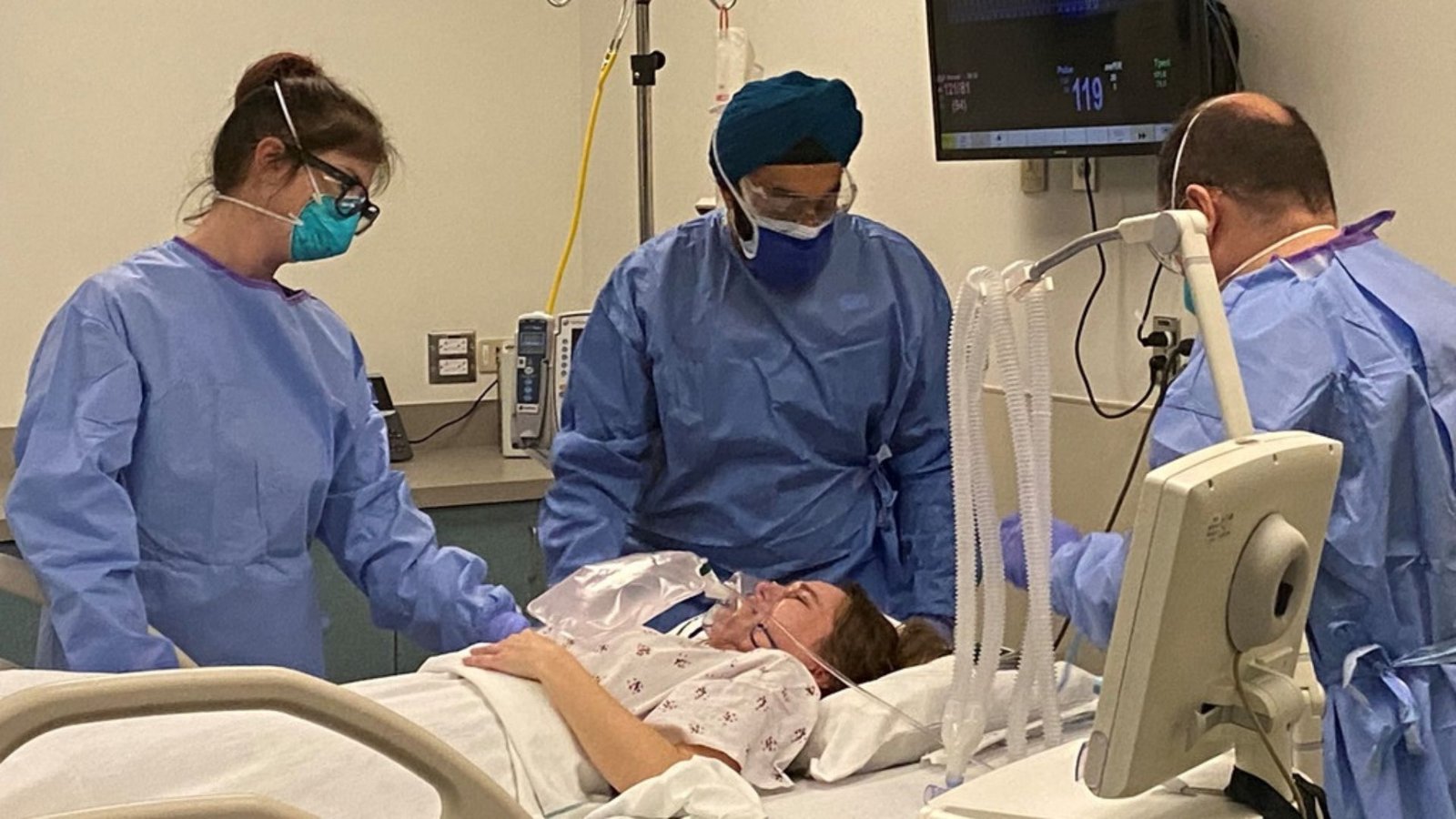Intensive care plays a critical role in the recovery of patients with serious illnesses or injuries. The intensive care unit (ICU) provides specialized treatment and close monitoring, but it also presents unique challenges that can affect a patient’s recovery. In this article, we will explore how intensive care affects patient recovery, including both the benefits and the potential drawbacks of receiving treatment in an ICU.

1. The Role of Intensive Care in Critical Recovery
The primary purpose of intensive care is to help patients who are critically ill or injured. Patients in the ICU often need constant monitoring and support. Medical teams use advanced equipment to keep track of vital signs, such as heart rate, blood pressure, and oxygen levels. This close monitoring can help doctors identify problems early and provide quick treatment, which can improve the chances of recovery.
How it helps:
- Provides life-saving treatments for serious conditions.
- Helps manage complications like infections or organ failure.
- Gives patients the best chance of surviving severe illnesses.
By providing continuous medical attention, the ICU helps stabilize patients and gives them the time they need to recover.
2. Physical Impact of Intensive Care
While the ICU is crucial for managing a patient’s condition, being in intensive care for a long period can lead to physical challenges. One of the main impacts is muscle weakness. Since patients may be bedbound or unable to move for extended periods, their muscles can become weak. This can make it harder for them to perform basic activities after they leave the ICU, slowing their recovery.
Challenges:
- Muscle weakness due to prolonged bed rest.
- Difficulty moving or breathing independently.
- Loss of stamina and energy.
Physical therapy is often used to help patients regain their strength and mobility after their time in the ICU. However, this process can be slow and challenging, especially for older patients or those with multiple health issues.
3. The Psychological Effects of Intensive Care
Being in the ICU can also affect a patient’s mental health. The experience can be overwhelming, especially if the patient is unable to communicate due to being on a ventilator or having tubes in their body. The constant noise, medical procedures, and stress of being in a critical condition can lead to feelings of anxiety, depression, or confusion.
Psychological effects include:
- Anxiety and fear about recovery or the outcome.
- Stress from the ICU environment and medical equipment.
- Memory problems or confusion after being in intensive care.
These mental health challenges can delay recovery and impact a patient’s overall well-being. Psychological support, such as counseling or relaxation techniques, is essential to help patients cope with these effects.
4. Risk of Infections and Complications
Although the ICU provides critical care, there is also an increased risk of infections and complications due to the use of invasive medical equipment, such as catheters, breathing tubes, or intravenous lines. Infections can slow recovery and, in some cases, lead to more severe conditions, such as sepsis. For this reason, healthcare providers take extra steps to prevent infections, such as maintaining strict hygiene practices and using antibiotics.
Challenges:
- Risk of infections from medical devices.
- Potential for complications like blood clots or pneumonia.
- Longer ICU stays if infections occur.
Preventing and managing infections is an essential part of recovery while in the ICU. Early treatment and close monitoring can help reduce the risks and improve recovery outcomes.
5. Emotional and Social Impact
Intensive care not only affects a patient’s physical and mental health but also their emotional well-being. Patients in the ICU may feel isolated or disconnected from their family and friends because they are unable to communicate or interact easily. This can lead to feelings of loneliness or depression, which can further impact their recovery.
Emotional challenges:
- Feelings of isolation and loneliness.
- Lack of communication with loved ones.
- Stress due to the uncertainty of recovery.
Family visits and emotional support are essential during this time. Encouraging family involvement can help improve a patient’s mental health and contribute positively to their recovery.
6. The Impact of Intensive Care on Long-Term Recovery
After leaving the ICU, many patients continue their recovery process in a regular hospital room or at home. However, the effects of being in intensive care can still be felt. The physical, psychological, and emotional challenges experienced in the ICU may continue to affect a patient’s recovery even after they leave.
Long-term impacts:
- Continued physical weakness and need for rehabilitation.
- Ongoing mental health struggles, like anxiety or PTSD.
- Need for follow-up care and support.
Recovery may take time, and the patient may need additional care and support. Rehabilitation, counseling, and medical check-ups are often necessary to help the patient fully recover.
7. Benefits of Close Monitoring During Recovery
Despite the challenges, the benefit of receiving care in the ICU is the close monitoring and constant care. The ICU provides immediate medical attention, which can save lives. Early detection of problems, like heart irregularities or infections, can make a big difference in recovery outcomes.
Benefits include:
- Immediate care and intervention if problems arise.
- Constant monitoring of vital signs for early warning signs.
- The use of advanced equipment to assist with breathing or organ function.
While the ICU presents challenges, the benefit of having access to such care can significantly improve recovery chances, especially for critically ill or injured patients.
Conclusion
In conclusion, intensive care affects patient recovery in many ways. While it provides life-saving treatment and close monitoring, it can also present physical, emotional, and psychological challenges. Patients may experience muscle weakness, anxiety, and infections, all of which can impact recovery. However, with proper care, physical therapy, emotional support, and rehabilitation, many patients can overcome these challenges and regain their strength and independence. Understanding how the ICU affects recovery helps provide better care and support for those who need it most.











